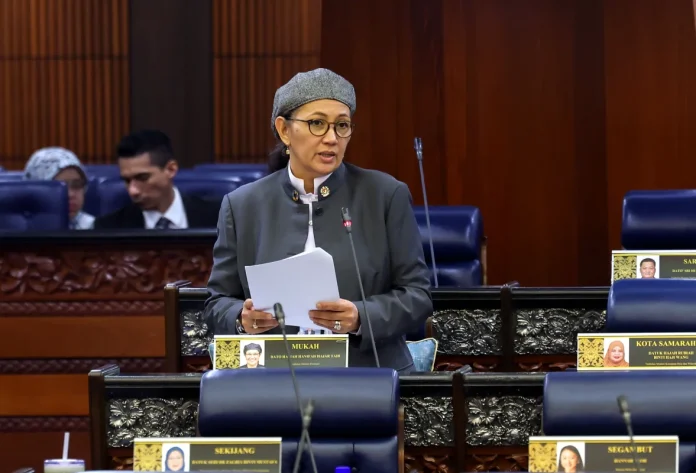Malaysia’s bilateral agreements with Singapore, South Korea and Japan will boost CCUS investment and reduce infrastructure costs
KUALA LUMPUR: Bilateral agreements with foreign countries are expected to increase investment and reduce carbon capture, utilisation and storage infrastructure costs in Malaysia.
Deputy Economy Minister Datuk Hanifah Hajar Taib said collaborations with Singapore, South Korea and Japan would establish Malaysia as a CCUS hub in the Asia-Pacific region.
She explained this would create new business opportunities including permanent carbon dioxide capture and storage services.
Hanifah Hajar was responding to Muhammad Islahuddin Abas regarding government measures to develop CCUS as a new national revenue source.
The government will implement a carbon dioxide capture pilot project in Kemaman’s iron and steel industry.
This pilot project will serve as a reference for assessing CCUS potential within industrial carbon integration efforts.
Strategic CCUS hubs will be developed to build complete ecosystems generating economic spillover benefits.
Malaysia possesses an estimated 13.3 gigatonnes of carbon storage capacity among the region’s largest.
Available storage sites could accommodate carbon dioxide captured from foreign sources.
Importing carbon dioxide from other countries would help offset high CCUS hub infrastructure development costs. – Bernama








